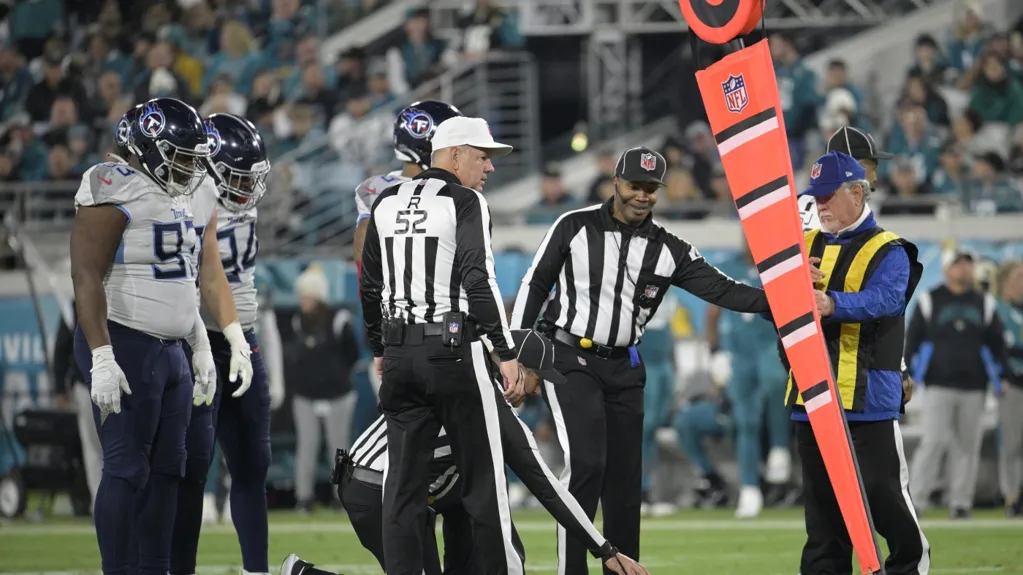Good morning. You're reading the Up First newsletter. Subscribe here to get it delivered to your inbox, and listen to the Up First podcast for all the news you need to start your day.
Today, President Trump is expected to impose sweeping "reciprocal tariffs" on various countries in what he calls "Liberation Day." He has promised the tariffs will bring in foreign tariff revenues that will be put toward U.S. tax cuts and deficit reduction. However, these promises gloss over the pain expected for U.S. consumers, who economists believe will end up paying higher prices.
Yesterday, in Florida, Republicans held on to two congressional seats in deeply red districts, cementing their slim majority in the U.S. House. Meanwhile, in Wisconsin, liberal judge Susan Crawford won the state Supreme Court election, beating conservative Brad Schimel. Schimel ran with Trump's endorsement and some $20 million from Elon Musk and Musk-affiliated groups. The elections were seen as early indicators of voters' feelings about Trump's first months in office.
The Trump administration has admitted to deporting a Maryland man to El Salvador by mistake last month due to an "administrative error." White House press secretary Karoline Leavitt says Kilmar Armando Abrego Garcia will remain in El Salvador and alleges he is a member of the MS-13 gang. His lawyer questioned the government's claim and said Abrego Garcia wasn't convicted of a crime. On Friday, the lawyer plans to ask a court to order Abrego Garcia's return to the U.S.
The federal student loan system is in disarray, leaving borrowers with pressing questions. Eight million federal student loan borrowers are waiting for the courts to decide whether their repayment plan is legal. Meanwhile, nine million borrowers are behind on their payments and at risk of defaulting. The U.S. Department of Education, which oversees student loans, has been cut in half. Loan management may be transferred to a different federal agency. NPR spoke with student loan experts and sought clarification from the Trump administration. Here's what borrowers need to know:
Understanding the basic rules of the road, like buckling your seat belt and using your turn signal, is essential. But it doesn't equip you for every scenario you might face. You may feel unprepared if your car starts to skid on ice or if it ends up in a body of water. Motor vehicle crashes remain one of the leading causes of death in the U.S., yet many of these incidents are preventable. Hector Carias, an officer with the California Highway Patrol, shares advice on how drivers should respond in these emergencies.
